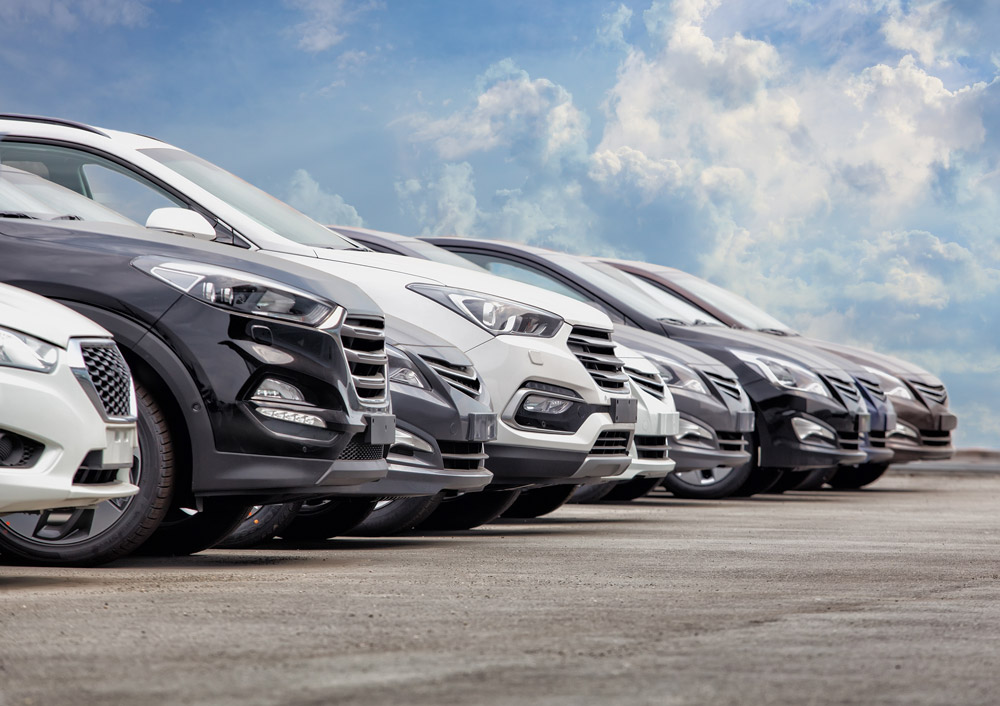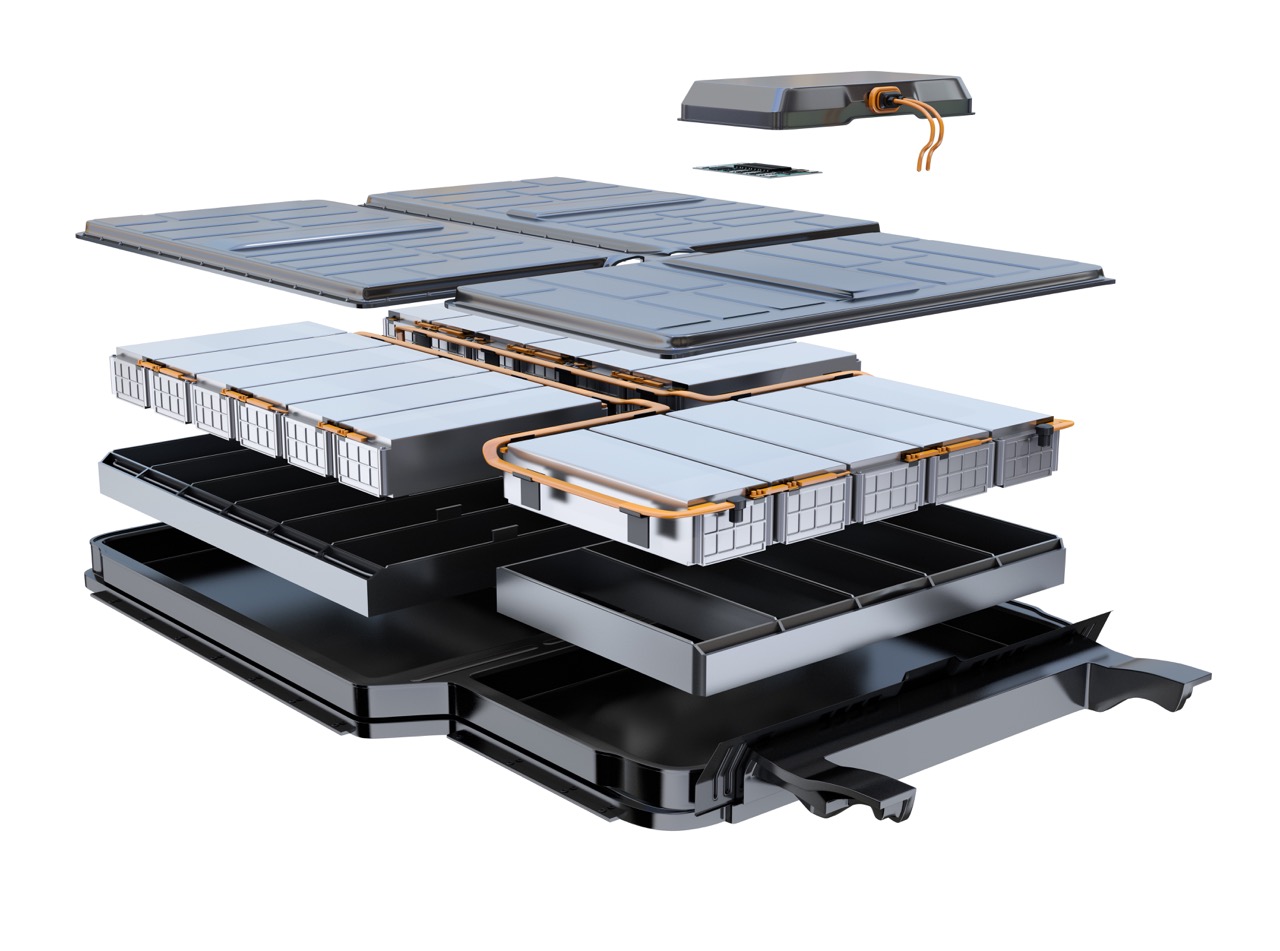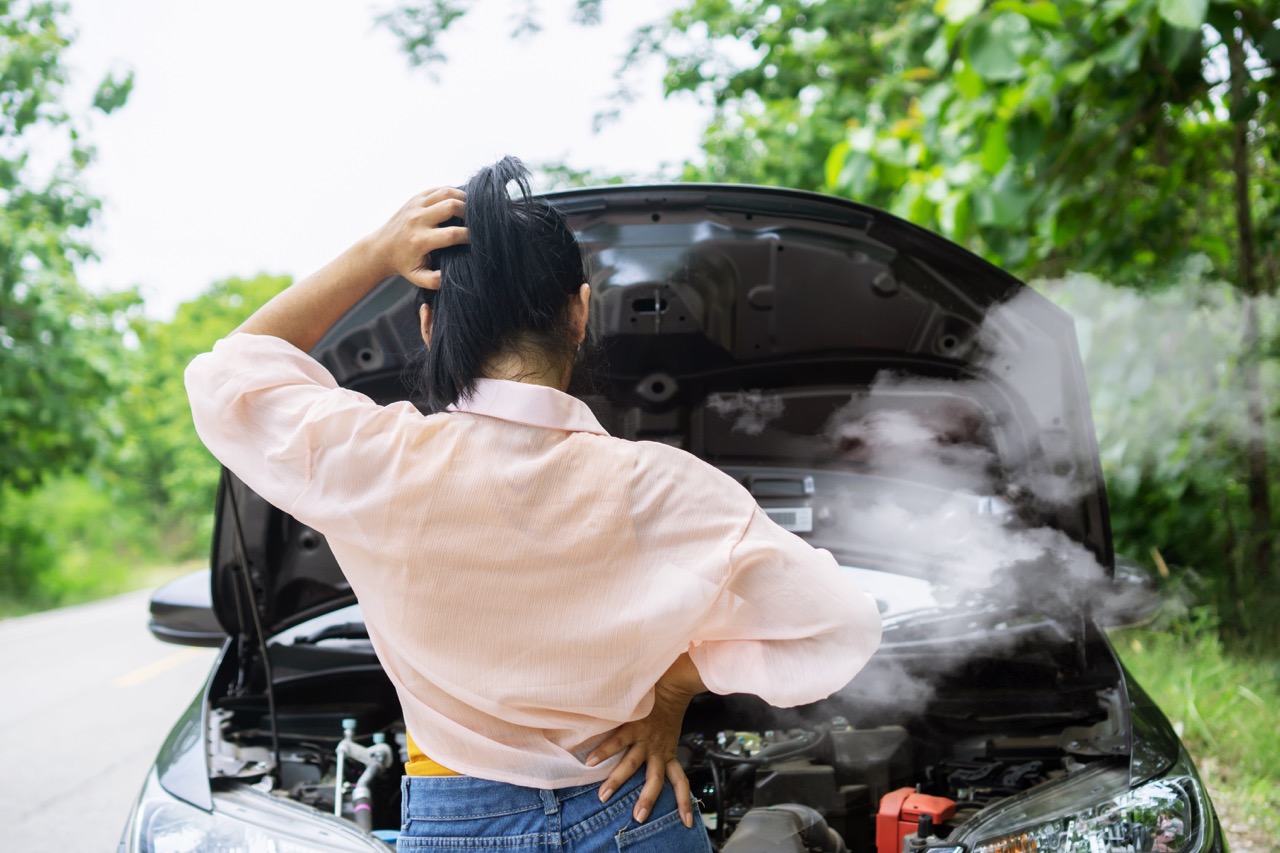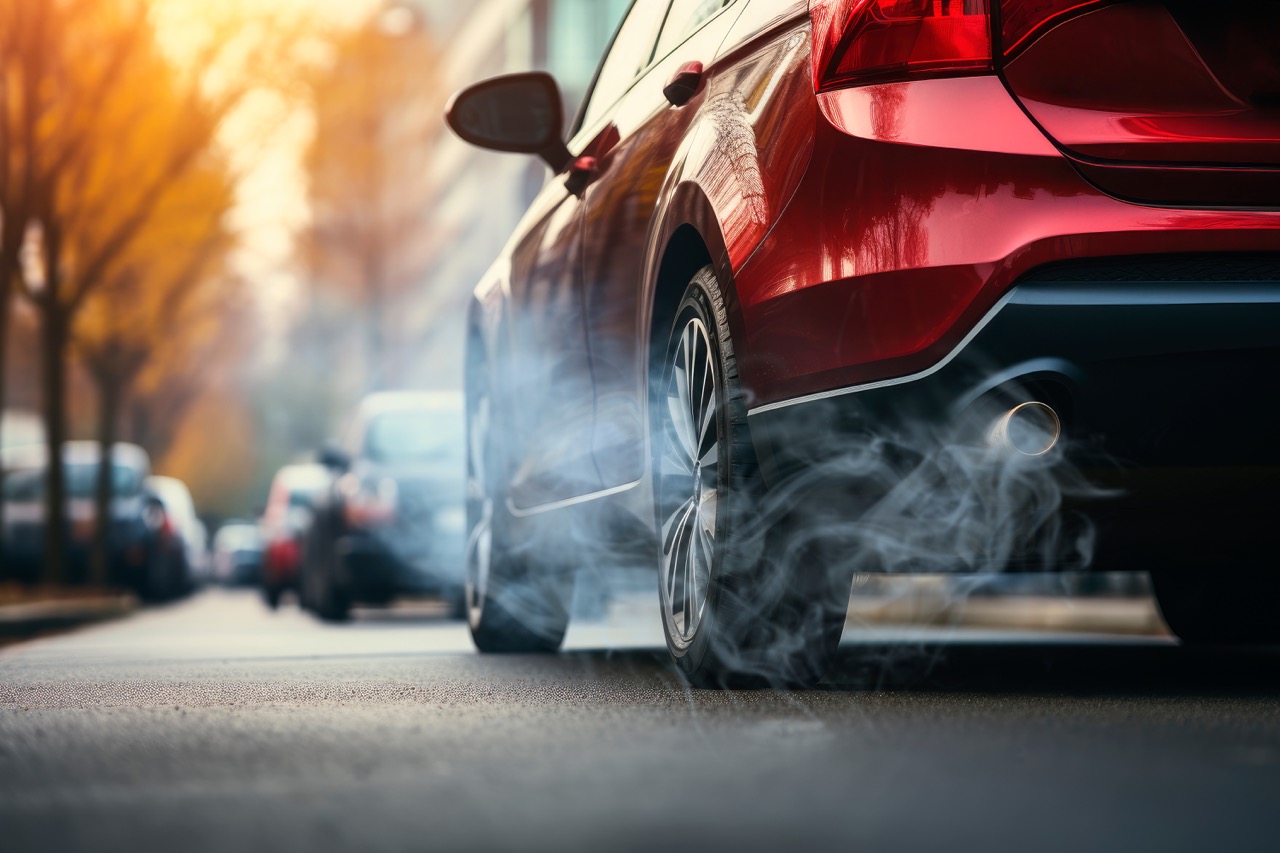
It is a long-nurtured goal for many people to one be able to walk into a car dealership and drive out with a brand-new vehicle. Even after all these years, a new car still carries with it a status symbol — a signal to all the world that for this person, things are going pretty good.
Yes, a new car is a sign that everyone can read: prosperity, class, and luck, all done up in leather, chrome, and engine oil. So why then do we see people at the height of their careers leasing cars instead of buying them? Doesn’t the status come from owning the car, or simply by driving it?
Naturally, there are pros and cons to every type of car ownership, whether that be new, used, or leased. Let’s go over a few pointers for each and what the professionals at the Master Muffler car repair center in Murray suggest.
Buying Used
The path that we are all likely the most familiar with, buying used is by far the most financially viable option. Regardless of whatever route you’re planning to go with your car ownership, you have to ask yourself a few fundamental questions about what you want from your vehicle and what your lifestyle demands.
Is this a car for a teenager or a kid going off to college? Is this a car to replace one that was in an accident and you need something quick? Is this a car for recreational driving? While buying used is generally the most fiscally sound path, prices can still run the gamut, especially if you’re buying privately.
There are, however, a number of benefits to owning a used car:
- Your out-of-pocket expenses will be much lower thanks to low monthly payments, despite the fact that interest rates on an auto loan are usually higher for used cars.
- Insurance costs are generally lower, as well. This, of course, depends somewhat on your driving record.
- You don’t have to sweat about wear and tear. Depending on the year and make of the vehicle, many people plan on driving their used car into the ground. Dings and scratches mean much less with that type of perspective.
- Used cars make owning multiple vehicles more of a possibility.
- The car’s longevity is its value. With semi-regular trips to our Murray car repair shop for a tune-up, your used car could last a few hundred thousand miles.
Above all, buying used grants you freedom. With a new car, you may want to exchange it with the dealership or sell it off, eventually. This puts pressure on you to keep the car not just roadworthy but like-new. On the other hand, a used car is a car for everyday life.
Buying New
In light of all the benefits we’ve just discussed, buying a new car doesn’t mean that it’s now the sub-standard choice. On the contrary, a new car has certain perks that you simply won’t see with a used or leased option.
- Buying new gives you all the benefits of outright ownership, like not having to worry about any of the leasing stipulations such as mileage and upkeep.
- New cars have the latest safety features and state-of-the-art technology.
- You can customize your new car by choosing options from the manufacturer.
- New cars come with a manufacturer’s warranty, which can help with the cost of car repairs.
- You’ll have greater equity in your vehicle after a period of time than with a used or leased car.
Thanks to the equity you’ll have in your vehicle, you will end up paying less for a new car than for a leased one in the long-term. A new car also carries with it that undeniable status symbol we mentioned earlier.
Leasing
If your lifestyle is generally kind to your vehicles — you mostly just drive around town or to-and-from work, you aren’t hard on your cars, and you aren’t concerned about having to change vehicles after a certain amount of time — then leasing may be your secret weapon.
Leasing is a great way to enjoy many of the benefits of a new car with none of the cares that usually accompany new car ownership. For instance, you don’t have to worry about the car depreciating in value because you’re not going to sell it later — that’s the dealership’s problem.
Other benefits include:
- Low out-of-pocket expenses, with extended warranties and car repairs.
- You get to drive numerous newer cars, which feels exciting each time the lease is up and it’s time to renew.
- Leased cars allow you to write off many car-related expenses for work.
- If you fall in love with the car, you can still buy it, paying the market price at the end of the lease agreement.
Leasing your vehicle is the perfect option if you enjoy a quiet life and like variety. The lower monthly payments don’t hurt, either.
Related Posts
As an EV owner, understanding your vehicle's battery is critical. From its capacity to its lifespan, and everything in between, we'll guide you through what you need to know to optimize your EV experience. So buckle up and get ready - we're about to shed some light on the electrifying world of EV batteries. What [...]
If your car is running hot, it can be a sign that something’s not right with your engine. Fortunately, diagnosing the cause of an overheating engine isn't too difficult if you know what to look for and how to address it. Keep reading if you want to learn the most common issues that occur when [...]
Your vehicle's exhaust system serves a critical role in managing the byproducts of the combustion process and ensuring optimal engine performance. The appearance of colored smoke from the exhaust pipe, either when stationary or accelerating, can provide valuable clues to underlying mechanical issues. What is a car exhaust? A car exhaust is a system [...]





